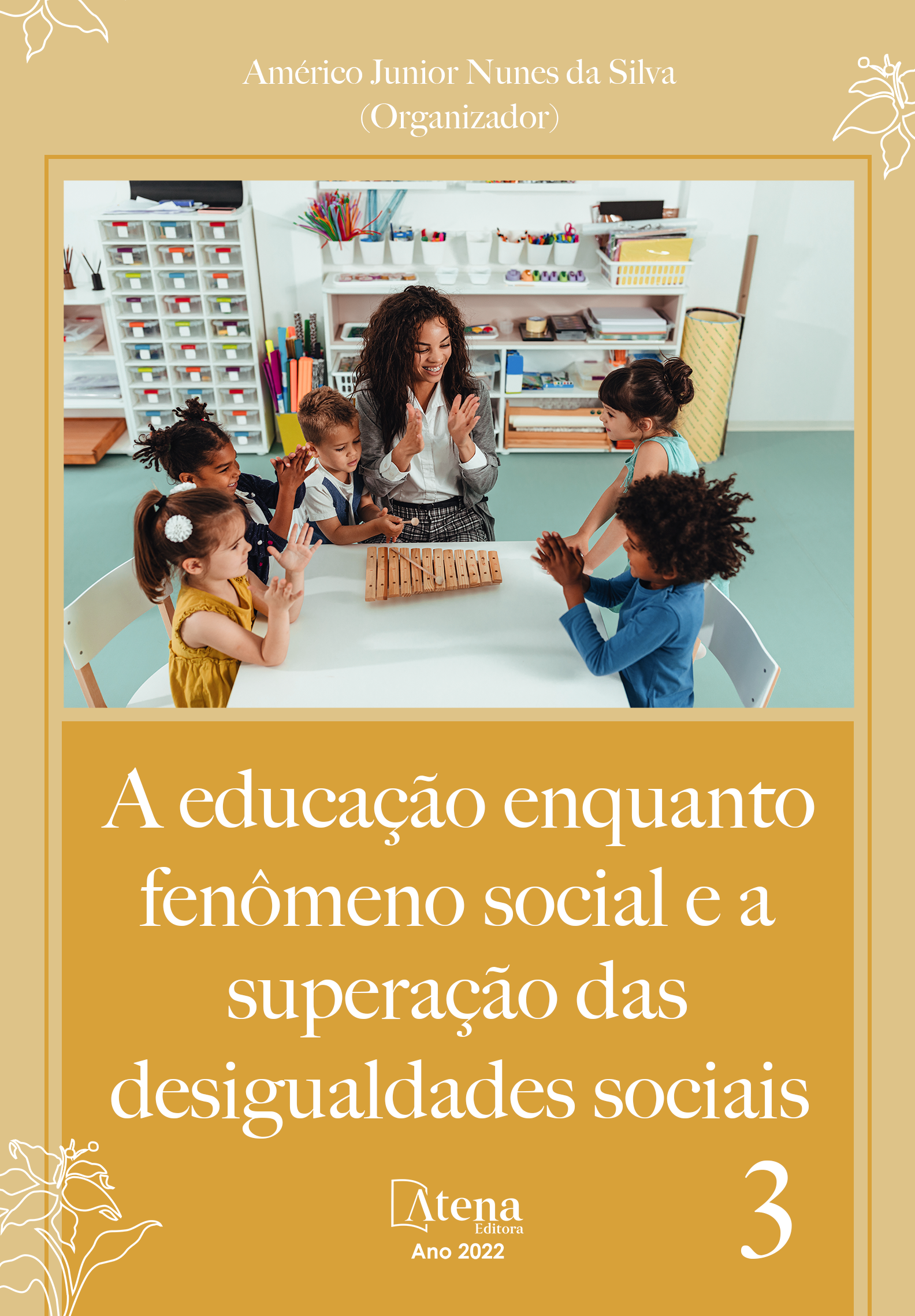
OS DESAFIOS DO ENSINO REMOTO EMERGENCIAL PARA ESTUDANTES SURDOS
O ensino remoto foi a solução encontrada por diversas redes de ensino para a continuidade das atividades pedagógicas durante a pandemia do Covid-19. Diferente do ensino a distância que possui uma legislação e uma estrutura própria, o ensino remoto emergencial (ERE) surgiu de forma emergencial sem uma estrutura definida para atender a demanda do momento. A regulamentação desse atendimento ocorreu por meio da LEI Nº 14.040 de 18 de agosto de 2020 (BRASIL, 2020) e a RESOLUÇÃO CNE/CP Nº 2, de 10 de dezembro de 2020 (BRASIL, 2020) que permitiu a realização de aulas digitais até 31 de dezembro de 2021. Diante desse novo cenário educacional, este artigo buscou apresentar as implicações quanto ao ensino de estudantes com surdez diante do uso da Língua Brasileira de Sinais (Libras) no ERE das escolas bilíngues para surdos e das escolas de ensino regular com inclusão de estudantes com surdez. As dificuldades enfrentadas por professores bilíngues e intérpretes de libras para a realização de aulas utilizando- se da Libras, as estratégias de ensino utilizadas na busca de uma educação qualitativa para e as barreiras que ainda persistem dificultando o ensino e aprendizagem desses estudantes. Ainda há muito o que se pesquisar e muito a se construir. Mas estamos num momento novo e não podemos ignorar que apesar das inúmeras dificuldades houve crescimento.
OS DESAFIOS DO ENSINO REMOTO EMERGENCIAL PARA ESTUDANTES SURDOS
-
DOI: 10.22533/at.ed.72822080211
-
Palavras-chave: Língua Brasileira de Sinais, Surdez, Educação Especial, Ensino Remoto Emergencial.
-
Keywords: Brazilian Sign Language, Deafness, Special Education, Emergency Remote Teaching.
-
Abstract:
Remote learning was the solution found by several educational networks for the continuity of teaching activities during the Covid-19 pandemic. Unlike distance learning, which has its own legislation and structure, emergency remote learning (ERE) emerged as an emergency without a defined structure to meet the demand of the moment. The regulation of this service occurred through LAW No. 14,040 of August 18, 2020 (BRAZIL, 2020) and CNE/CP RESOLUTION No. 2, of December 10, 2020 (BRAZIL, 2020) which allowed the realization of digital classes until December 31, 2021. Given this new educational scenario, this article sought to present the implications for the teaching of deaf students in the face of the use of Brazilian Sign Language (Libras) in the ERE of bilingual schools for the deaf and regular schools with inclusion of deaf students. The difficulties faced by bilingual teachers and Libras interpreters to carry out classes using Libras, the teaching strategies used in the search for a qualitative education and the barriers that still persist, hindering the teaching and learning of these students. There is still a lot to be researched and a lot to build. But we are in a new moment and we cannot ignore that despite the countless difficulties there was growth.
-
Número de páginas: 10
- Rosecleide Orozimbo Harada
- Renan Rodrigues de Souza
- Maria Candida Soares Del-Masso
- Daniela de Fátima Barbosa Gonzales


